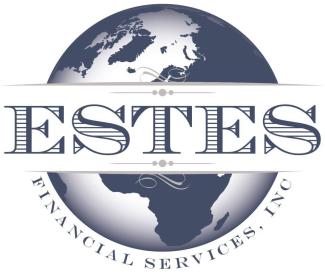Trying to find the right investment professional for you? Here are some questions to ask in your initial consult.
Worried about outliving your income? Here’s how to start planning for your retirement needs.
It’s never too early to start planning for your financial future.
Teens are adults in training and an important part of your family's financial picture. Help them build good habits so they're ready for the future.
If given the choice, most people would choose financial freedom over financial servitude. Who doesn’t want to be financially independent, having your money work for you, as opposed to you working for your money?
College and retirement require serious savings. Is it possible to save for both?
Knowing both your financial and emotional risk tolerance could be vital to your portfolio performance.
Warren Buffet has made no secret of his successful investing strategy. "Buy into fear" he says, "Buy when everyone else is selling". For most, average investors that may be much easier said than done. Perhaps if we all had a few billion dollars in the bank, we might be able to muster up more courage and take some more risks.
With the holiday season looming, it's not too soon to do your year-end tax planning. One of the consequences of achieving financial success is that, what was once a relatively straightforward tax return increasingly becomes more involved as more tax issues come into the picture.
Even with planning, our actions can be skewed by our emotions. Is it possible to overcome them?









